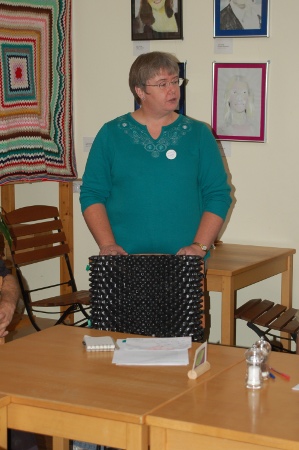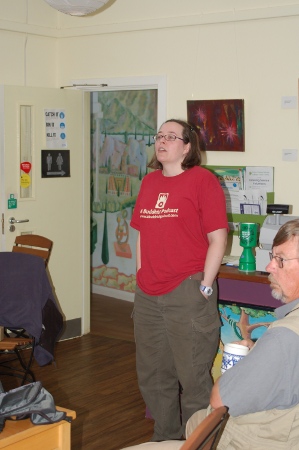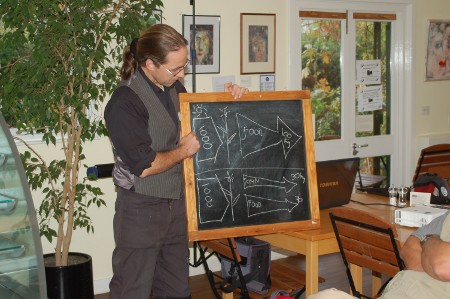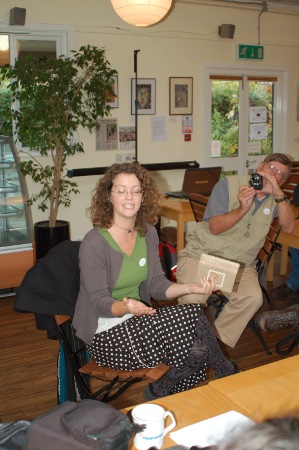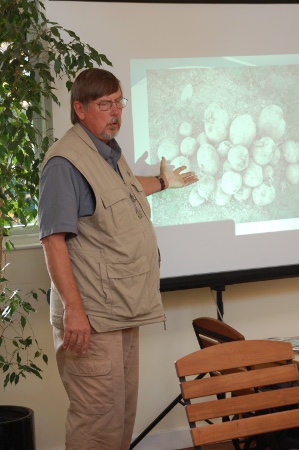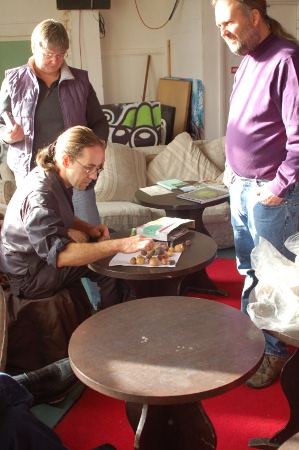This is the final video from Tom Wagner’s Sunday workshop in Oxford. In this video Tom presents some pedigree information for seeds he left with us that day.
For a high resolution downloadable file to view directly on your computer, click here.
I haven’t carefully inventoried the seeds I have, but I think I have some of everything he talks about here. I’m pretty sure more is available on request. I probably have other seeds he didn’t talk about here, and I’ll have to ask Tom about these.
I also have a large number of tomato seeds, but Tom didn’t have information on these available on that day.
In the past I’ve offered a number of seeds to anyone reading this blog, but in this case it’s a little different.
These seeds are still on offer to anyone, but the intention is when you receive them you agree to participate in a breeding project that goes along with them. That means committing yourself to learning something about the genetics involved in the project, and reporting back to Tom on your progress.
When Tom left the seeds with me, I think he was thinking that members of the workshop or contacts within Europe would be the ones receiving the seeds, but as we know this blog has readers in most regions and many countries of the world. As far as I’m concerned, and I think Tom too, anyone who’s genuinely interested in participating in a breeding project is welcome to seeds. I’m personally willing to send them anywhere.
So, regardless of where you live; Europe, North America or elsewhere, if you’re interested in joining a tomato or potato breeding project, please get in touch! There’s really a lot of very exciting biodiversity to work with here.


